Low temperature stability (-50°C): In extreme low temperature environments, especially under the harsh conditions of -50°C, many materials will face serious performance challenges, such as becoming hard, brittle or even losing their original mechanical properties. . However, this automotive wire effectively overcomes these difficulties through careful selection and design, using cold-resistant PVC insulation material. Cold-resistant PVC insulation material is a specially formulated polyvinyl chloride material whose unique molecular structure and additives give it excellent low-temperature performance. In a low temperature environment of -50°C, this material can still remain soft and elastic, ensuring that the wire will not become hard or brittle due to lower temperatures. Maintaining this flexibility is crucial for the installation and use of automotive wires at extremely low temperatures. In addition to remaining soft, cold-resistant PVC insulation also has good mechanical strength. This means that even at extremely low temperatures, the wire can still withstand a certain amount of tension and pressure, ensuring that the connections in the car's electrical system will not be disconnected or damaged due to external forces. This maintenance of mechanical strength further enhances the reliability and durability of the wire in cold areas or extreme climate conditions.
High-temperature stability (+105°C): In high-temperature environments, many materials will face the challenge of performance degradation, including possible softening and deformation of insulating materials, possible decrease in conductive properties, and possible weakening of mechanical strength. However, this automotive wire excels in high temperature stability, maintaining its superior performance even at extreme operating temperatures of +105°C. In order to ensure the stable performance of the wire at high temperatures, manufacturers have carried out careful consideration and strict control during the design and manufacturing process. First, they chose PVC insulation material with high temperature stability. This material has been specially formulated and processed to maintain its physical and chemical stability at high temperatures. In high-temperature environments, the insulation layer of the wire may be affected by thermal stress, but the insulation layer of this wire has been specially treated to effectively resist the effects of thermal stress and maintain the stability of its insulation performance. At the same time, the conductor of the wire is also made of materials that can maintain good conductive properties at high temperatures to ensure the stability and reliability of current transmission.
Temperature cycle stability: The working environment of automobiles is often complex and changeable, especially under different climate conditions, where the temperature varies greatly. Automotive wire must be able to cycle repeatedly between different temperatures without performance degradation or damage. To meet this requirement, this cable has been carefully designed and rigorously tested. In temperature cycling testing, the wire was exposed to a series of temperature changes that simulated the operating environment of an automobile. During the test, the wire underwent a rapid transition from extremely low temperature to extremely high temperature, repeated many times. In this way, the wire is pushed to its limits to simulate the various temperature changes that may be encountered in actual use. After testing, this wire has demonstrated excellent temperature cycle stability. It can quickly adapt to temperature changes, whether it is from high temperature to low temperature or from low temperature to high temperature, and can quickly restore its original performance. Even under extreme temperature cycling conditions, the wire showed no noticeable performance degradation or damage.
Other performance stability: In addition to temperature stability, this wire also meets the ISO 6722 Class B standard, which proves that it is also highly stable in other aspects of performance. The ISO 6722 Class B standard is an international standard for automotive wires that requires wires to maintain stable electrical and mechanical properties in the short and long term. In actual use, this wire shows excellent aging resistance. It maintains stable conductivity, insulation resistance and mechanical strength both in the short and long term. Even during long-term use, the performance of the wire will not decline significantly, thus ensuring the stability and reliability of the automotive electrical system.

 ENGLISH
ENGLISH 简体中文
简体中文 GERMAN
GERMAN SPAIN
SPAIN
 +86 181-5747-1135
+86 181-5747-1135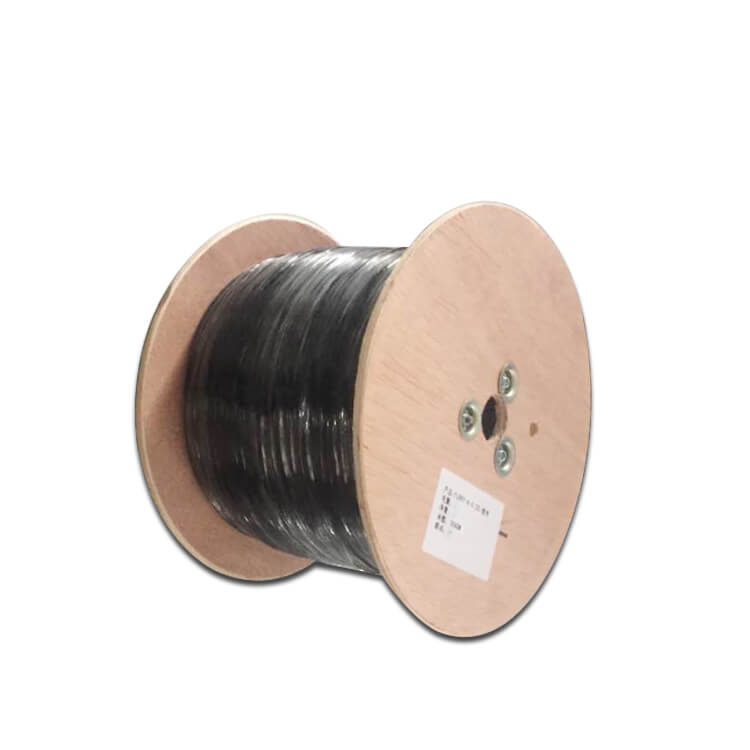
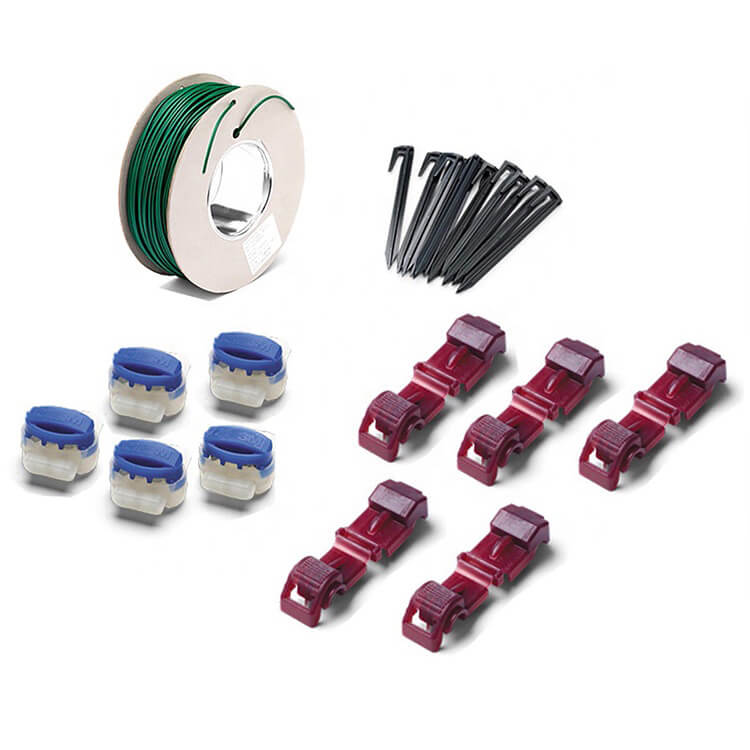
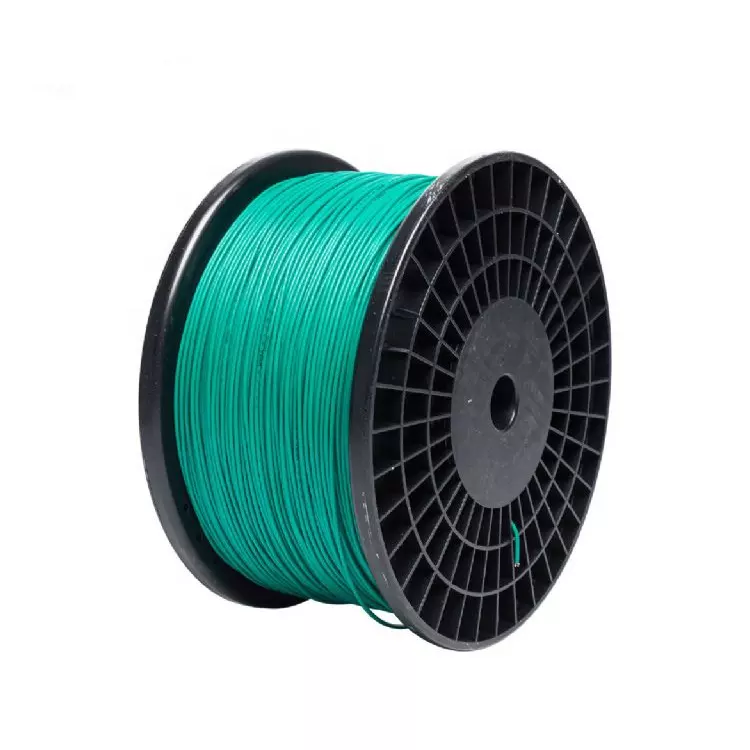



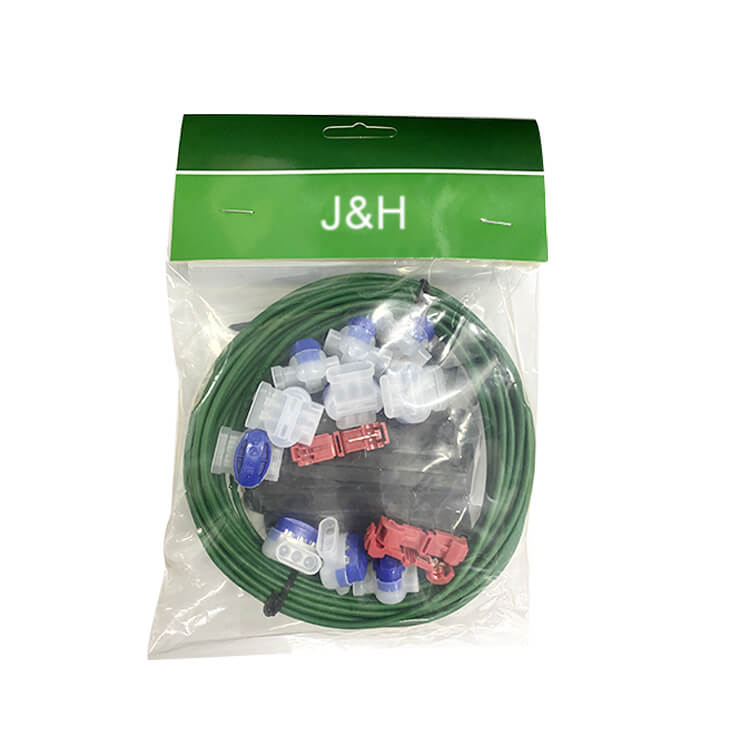
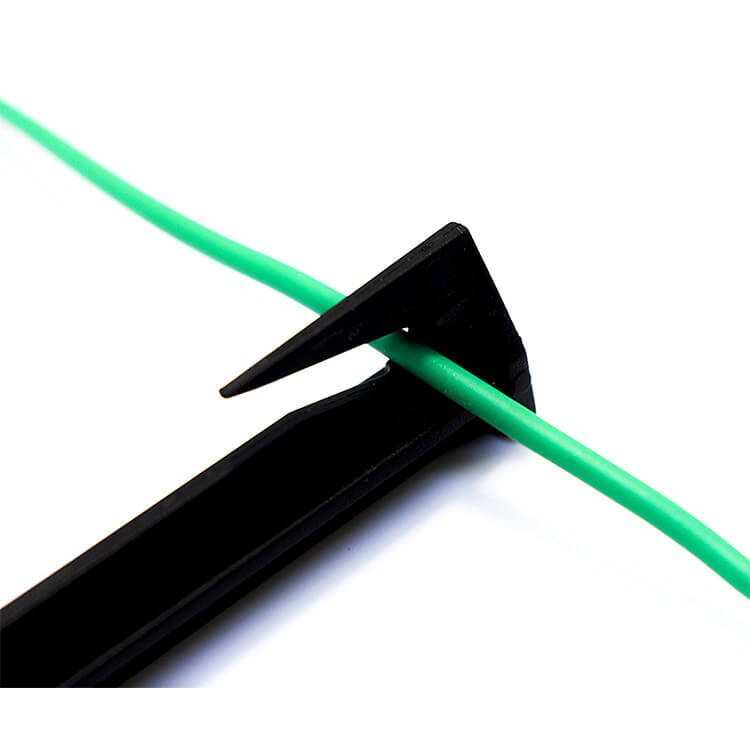
 Abroad:+86 181 5747 1135
Abroad:+86 181 5747 1135 FAX: +86 574 8900 7636
FAX: +86 574 8900 7636 E-mail:
E-mail: 

 read the map
read the map

